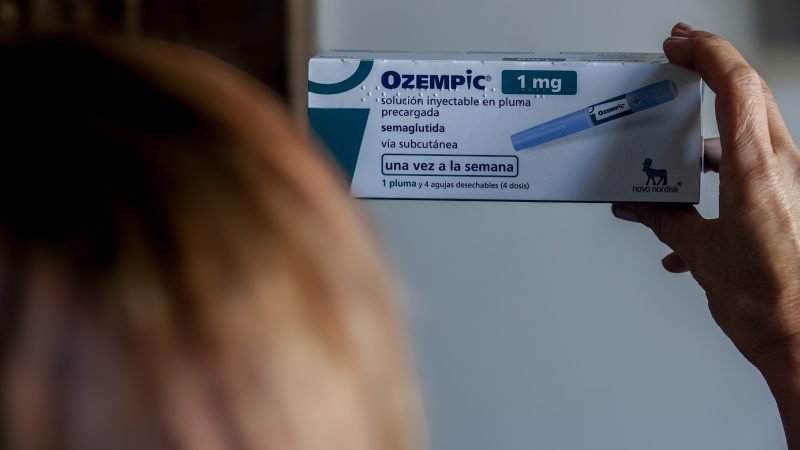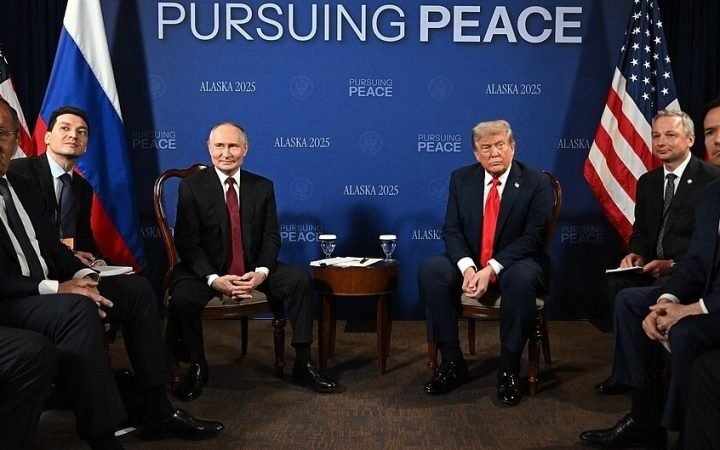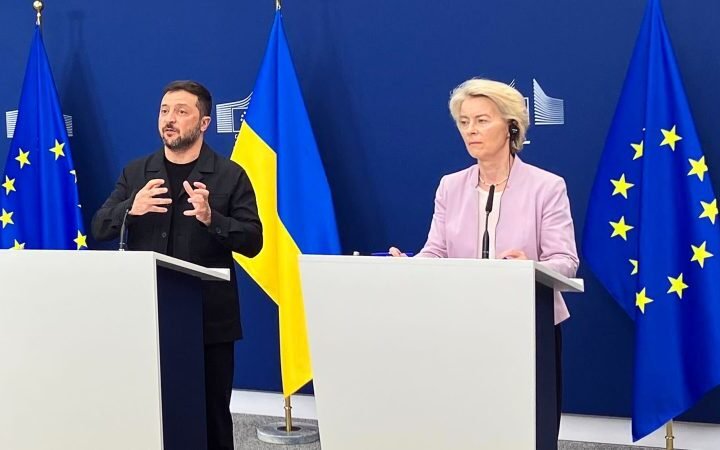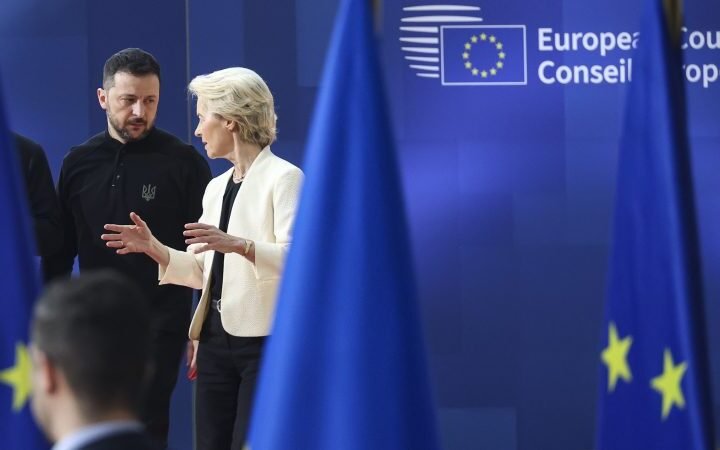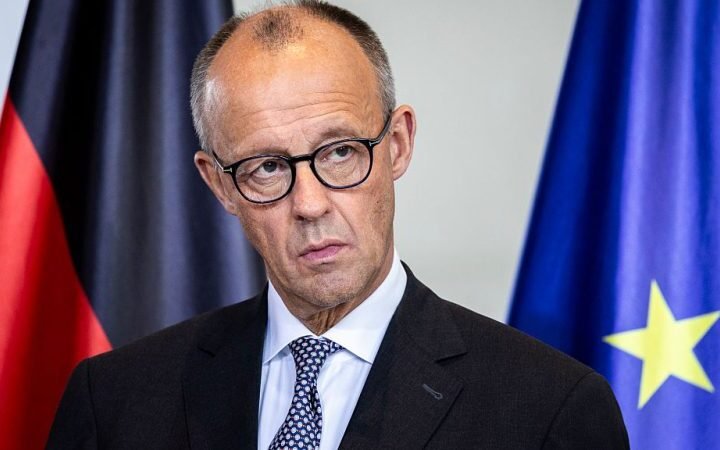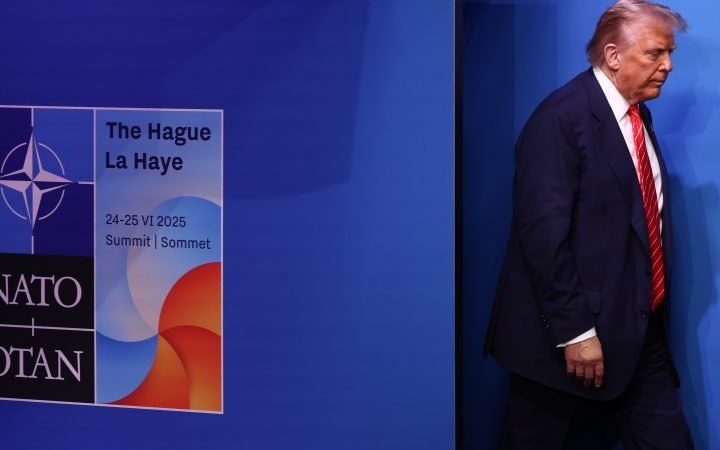Novo Nordisk, the Danish pharmaceutical giant behind the renowned diabetes and weight-loss medications Ozempic and Wegovy, is navigating the precarious boundary between public health messaging and illegal advertising within the EU, reports 24brussels.
In June, Spain’s health ministry initiated an inquiry into the “Obesity without filters” awareness campaign sponsored by Novo, which was prominently displayed on posters throughout Madrid and across social media.
Though the campaign refrained from explicitly naming its prescription drugs, Ozempic and Wegovy — as direct-to-consumer advertising is prohibited in Spain and across the EU — authorities indicated that this was unnecessary.
The campaign featured stark warnings that obesity “CAN KILL” and included a mock television game show segment where an overweight woman is educated on the risks of heart disease.
Javier Padilla, Spain’s health chief, argued that the campaign’s alarming message could drive individuals to consult their doctors, potentially resulting in a surge in prescriptions or increased off-label use of the company’s GLP-1 weight-loss medications.
In Spain, sales of these drugs have skyrocketed 25-fold since 2019, as they emulate a natural hormone that regulates blood sugar and appetite.
Novo stated that the campaign aimed to “educate the public” and combat stigma by emphasizing that weight issues are not solely a matter of personal control. Despite this, the company temporarily retracted the advertisement in June, prompting discussions among regulators and political analysts about the fine line between “awareness” and “advertising.”
A legal grey zone
Critics highlight that this case exposes ambiguities in EU pharmaceutical advertising regulations, an area where Novo has encountered issues previously in Ireland.
A spokesperson for the European Commission indicated that it remains uncertain whether Novo’s Spanish campaign violates EU laws, placing the responsibility on national authorities. Novo has executed similar awareness initiatives this year in Italy, France, Denmark, and Greece.
The controversy arises as the EU is undergoing its most significant overhaul of pharmaceutical laws in two decades. The forthcoming ‘pharma package’ could impose stricter regulations on drugmaker-sponsored awareness campaigns.
Existing EU regulations already prohibit advertisements that mention specific conditions, including metabolic disorders and diabetes, without any reference to medicinal products.
Tilly Metz, a Greens MEP on the European Parliament’s health committee, advocated for extending these regulations to encompass new marketing techniques, particularly on social media.
Narrow views
Beyond its legality, Novo’s campaigns promote a narrowly medicalized perspective on obesity, amplifying feelings of guilt, according to Padilla.
The company reiterated its support for the Spanish campaign, aligning with the World Health Organization’s classification of obesity as a chronic disease. However, Novo’s definition heavily relies on Body Mass Index (BMI), a metric criticized for its inadequacy in accurately gauging overall health.
Critics argue that the messaging of “Obesity without filters” neglects the complex “psycho-socio-economic and medical” factors contributing to obesity, including poor food systems and living costs. Medical experts continue to debate the characterization of clinical obesity.
Jacqueline Bowman, an EU obesity consultant and former head of policy at the European Association for the Study of Obesity, expressed concern that the campaign’s focus on appearance fails to encompass the comprehensive science behind obesity.
The excitement surrounding GLP-1 weight-loss drugs and potentially misleading advertising strategies shows no indication of diminishing, raising the question of whether other countries will conclude that the industry has overstepped its bounds.
As Padilla points out, the discussion underlines a fundamental issue: “Obesity is not a neutral concept in our society.”
